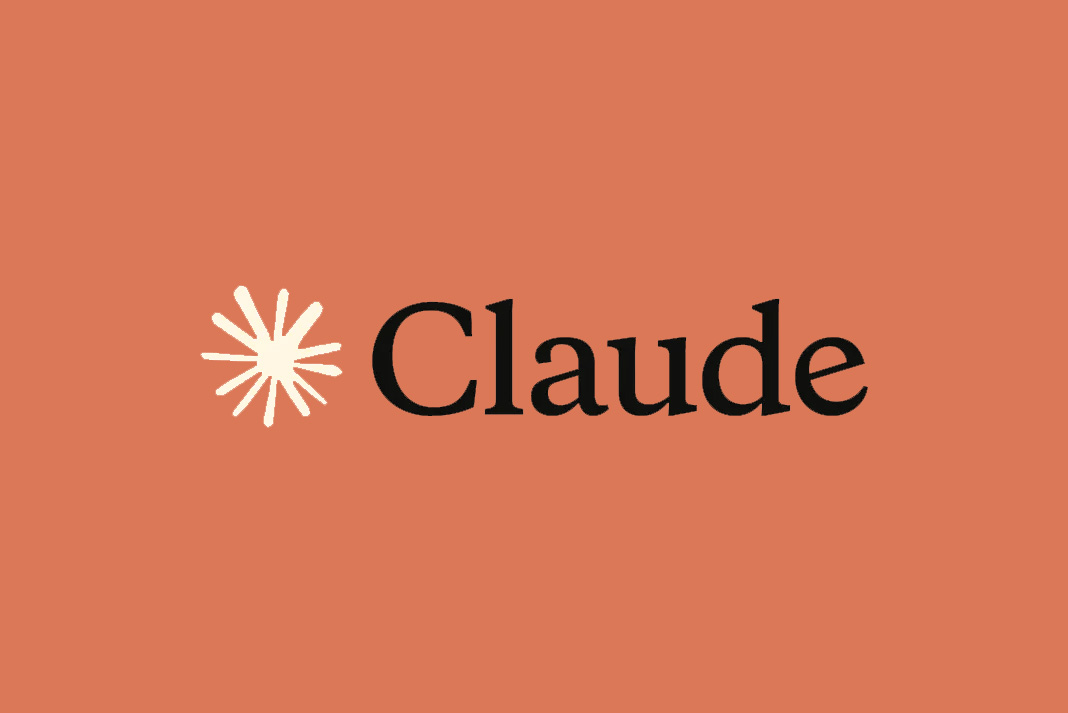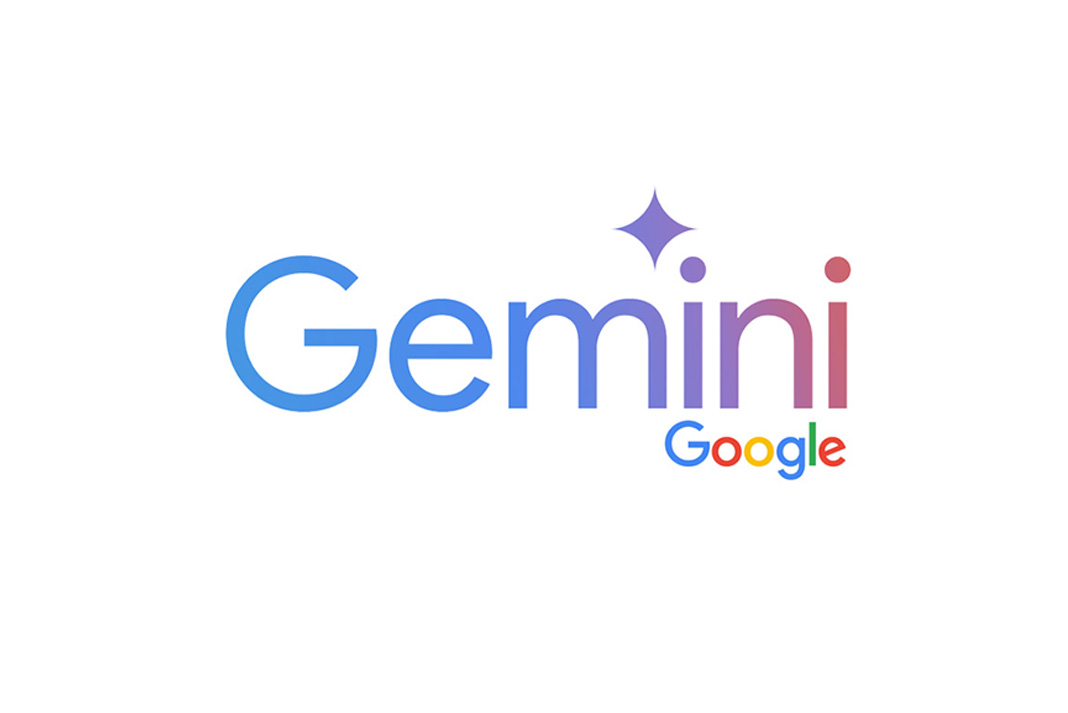The latest wave of updates to Anthropic’s Claude AI models leans into thoughtful safety and smarter use guidelines, with a new feature that lets the AI politely bow out of harmful conversations when things get extreme. Alongside this, Anthropic has refined its Usage Policy to address the evolving capabilities of Claude, especially its foray into agentic tools like code generation. Whether you’re coding campaigns, syncing Shopify inventories, or auto-summarising calls, these changes help keep interactions safe and intentions clear, while preserving smooth user experience across Claude’s Haiku, Sonnet, and Opus models.
—
✅ Claude Opus 4 and 4.1 Can Now End Harmful or Abusive Conversations
Anthropic introduced a subtle but meaningful safety upgrade allowing the most advanced Claude models, Opus 4 and 4.1, to terminate chats when they detect extreme, persistently harmful, or abusive requests. The AI won’t abandon conversations lightly; this is a last resort used only in rare edge cases like attempts to solicit illegal content or information for mass harm. The Sonnet 4 model, widely used for general tasks like writing or summarisation, does not have this feature.
Imagine you’re a developer building a customer support bot or a marketer drafting campaign briefs with Claude. This update means the AI can gently exit interactions that cross ethical or legal red lines, protecting both the system’s integrity and providing you peace of mind in sensitive workflows.
Users can still start new threads or edit prior messages to branch off, so the conversation doesn’t just vanish, think of it as Claude recognizing when a chat needs to close quietly rather than forcing an awkward next step. It’s a design decision born from Claude’s testing, where it showed signs of “apparent distress” when pushed to keep answering harmful queries.
—
✅ Usage Policy Update: Clearer Guidance Reflecting New Agentic Capabilities
Alongside AI model upgrades, Anthropic updated its Usage Policy, effective 15 September 2025, to better align with Claude’s expanding features, especially those involving code and agentic tasks. This policy now explicitly prohibits malicious uses such as malware creation or network compromise, a response to the growing power, and risk, of AI agents that can code, browse, and operate autonomously.
For developers leveraging Claude Code or computer-use features, this ensures your tools stay click-chic , safe and effective, designed with real-world security in mind. Marketers and analysts can also feel supported knowing Claude’s outputs conform to clear ethical boundaries, reducing risk when auto-generating client reports or data summaries.
This living document signals Anthropic’s commitment to evolving responsibly alongside AI’s rapid pace, with room for user feedback to shape future iterations.
—
Call to Action
If you’re ready to explore how these smart, safety-conscious updates fit into your workflow, head over to claude.ai. Dive in, test the new boundaries, and be sure to share your experiences. Your feedback is the pulse Anthropic listens to as Claude grows more intuitive, protective, and useful for all of us tweaking briefs or syncing Shopify inventories at midnight.





